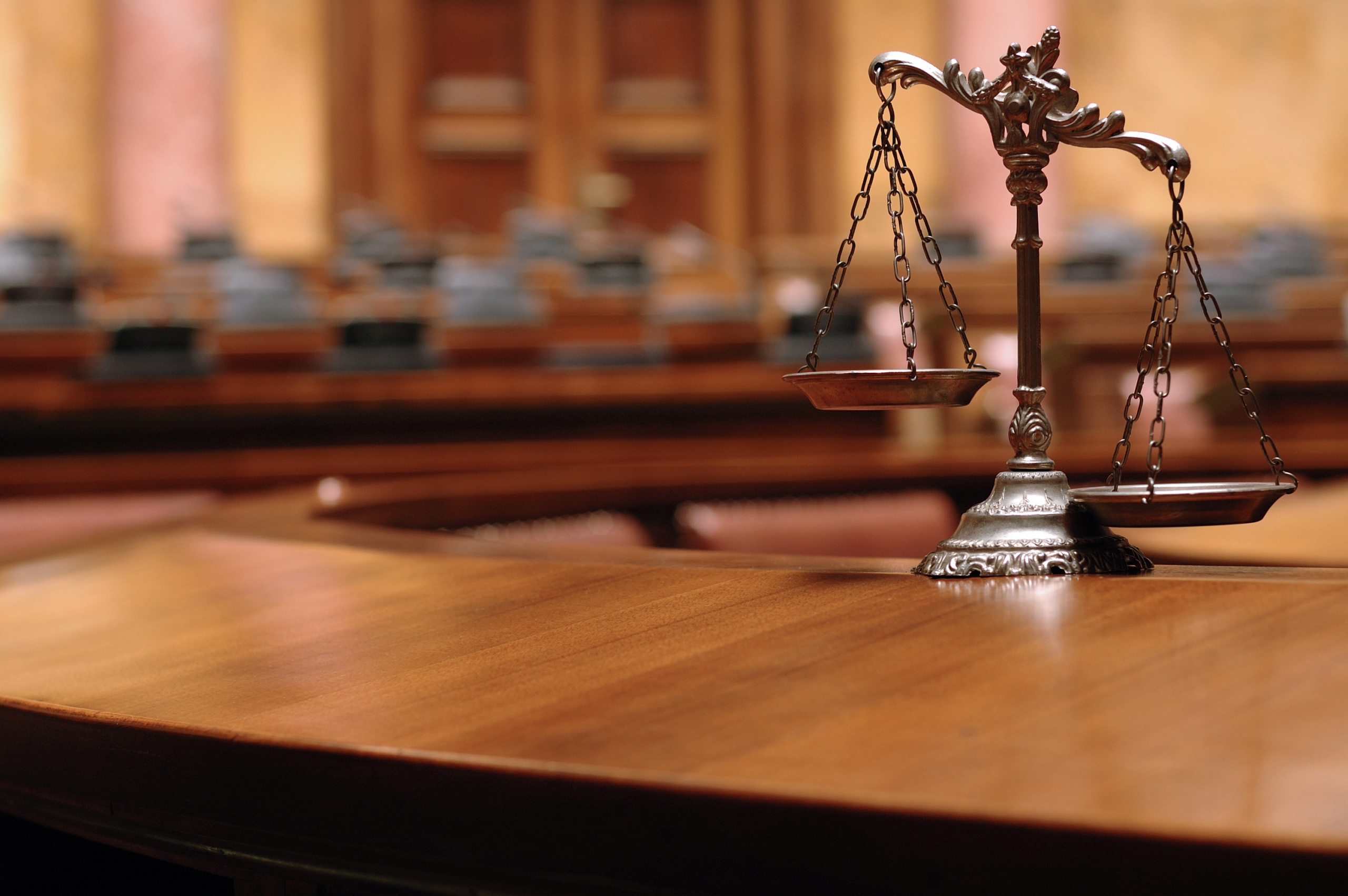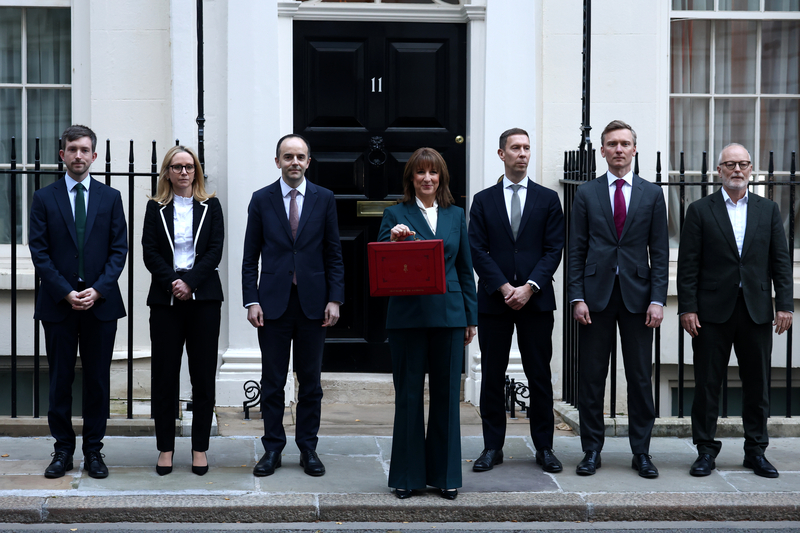
Rolf Harris – the limits of litigation PR in criminal proceedings
In the days since the death of Rolf Harris, there have been some eye-catching revelations about the disgraced entertainers attempts to manage his PR during his 2014 trial for a string of sex offences.
Defendants in high-profile trials often employ a range of tactics in order to try to win public sympathy. The growing rise of cancel culture in its various guises may have increased appetite for these sorts of stunts. In Harris case, as the BBCs Callum May writes, those included elaborate staged courtroom entrances with his family, his barrister taking a line of questioning that showcased his celebrity and career, and the appointment of PR firm Bell Pottinger to lurk around the court and help journalists covering the trial.
Can such tactics ever work? They may be music to the ears of those ardent supporters who were always likely to remain loyal to you regardless of anything, but beyond that group they are unlikely to have anything more than a short-lived, superficial impact. Ultimately, what really matters to most people is whether or not you are found guilty. If on top of being found guilty, you are found to have spent significant energies trying to manipulate public opinion, then frankly you come out of it all looking even worse.
As in many crisis situations, the most sensible PR strategy when facing a criminal trial is almost always to keep things as low-key as possible. Rather than staging media-friendly pictures or moments of levity, and making the most of your celebrity, try to be bland. In general, shun rather than court media attention.
In these criminal trials there is a need to avoid crass and unsavoury behaviour, (such as organising a staged family entrance appearing to be frail and benign), in order to show as much respect as possible towards those in the courtroom. There may be legitimate reasons to engage with the media, but this must be done very carefully, and of course with total regard for the law around contempt of court. Frankly though, the easiest way to avoid bad PR is simply to avoid doing bad things.


